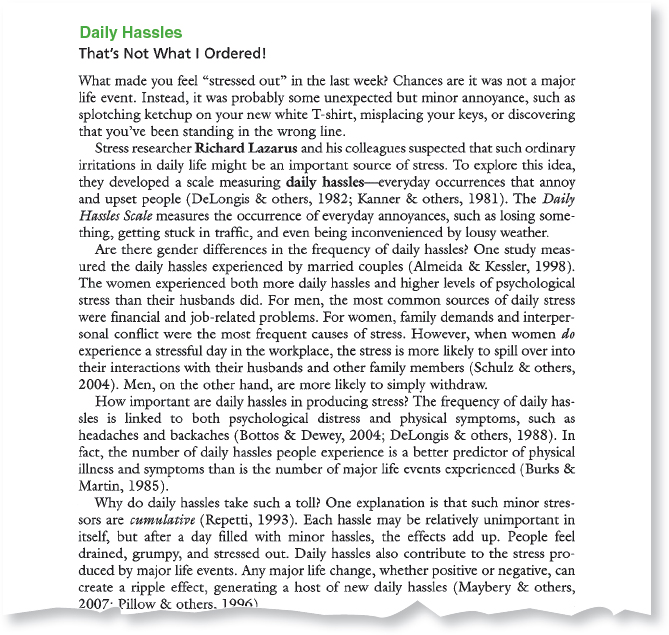Writing Critically about Readings
WRITING
CRITICALLY
- Summarize
- Analyze
- Synthesize
- Evaluate
There are different types of writing in college. In Chapters 2 through 4, we examine the writing process in general and learn how to draft and revise paragraphs and essays. In Chapters 5 through 13, we explore the different techniques for developing an essay, such as narration and illustration, and in Chapter 14, we cover the research essay.
In this section, we discuss the key college skill of writing critically about what you read. In any college course, your instructor may ask you to summarize, analyze, synthesize, or evaluate one or more readings to demonstrate your deep understanding of the material. When you do so, you answer the following questions.
Writing Critically
- Summarize
- What is important about the text?
- What is the purpose, the big picture?
- Who is the intended audience?
- What are the main points and key support?
- Analyze
- What elements have been used to convey the main point?
- Do any elements raise questions? Do any key points seem missing or undeveloped?
- Synthesize
- What do other sources say about the topic of the text?
- How does your own (or others’) experience affect how you see the topic?
- What new point(s) might you make by bringing together all the different sources and experiences?
- Evaluate
- Based on your application of summary, analysis, and synthesis, what do you think about the material you have read?
- Is the work successful? Does it achieve its purpose?
- Does the author show any biases? Are there any hidden assumptions? If so, do they make the piece more or less effective?
The pages that follow will explain when and how to use summary, analysis, synthesis, and evaluation. The passage below, “Daily Hassles,” from Discovering Psychology, fifth edition, by Don H. Hockenbury and Sandra E. Hockenbury, is used as the basis for each type of writing that follows.
